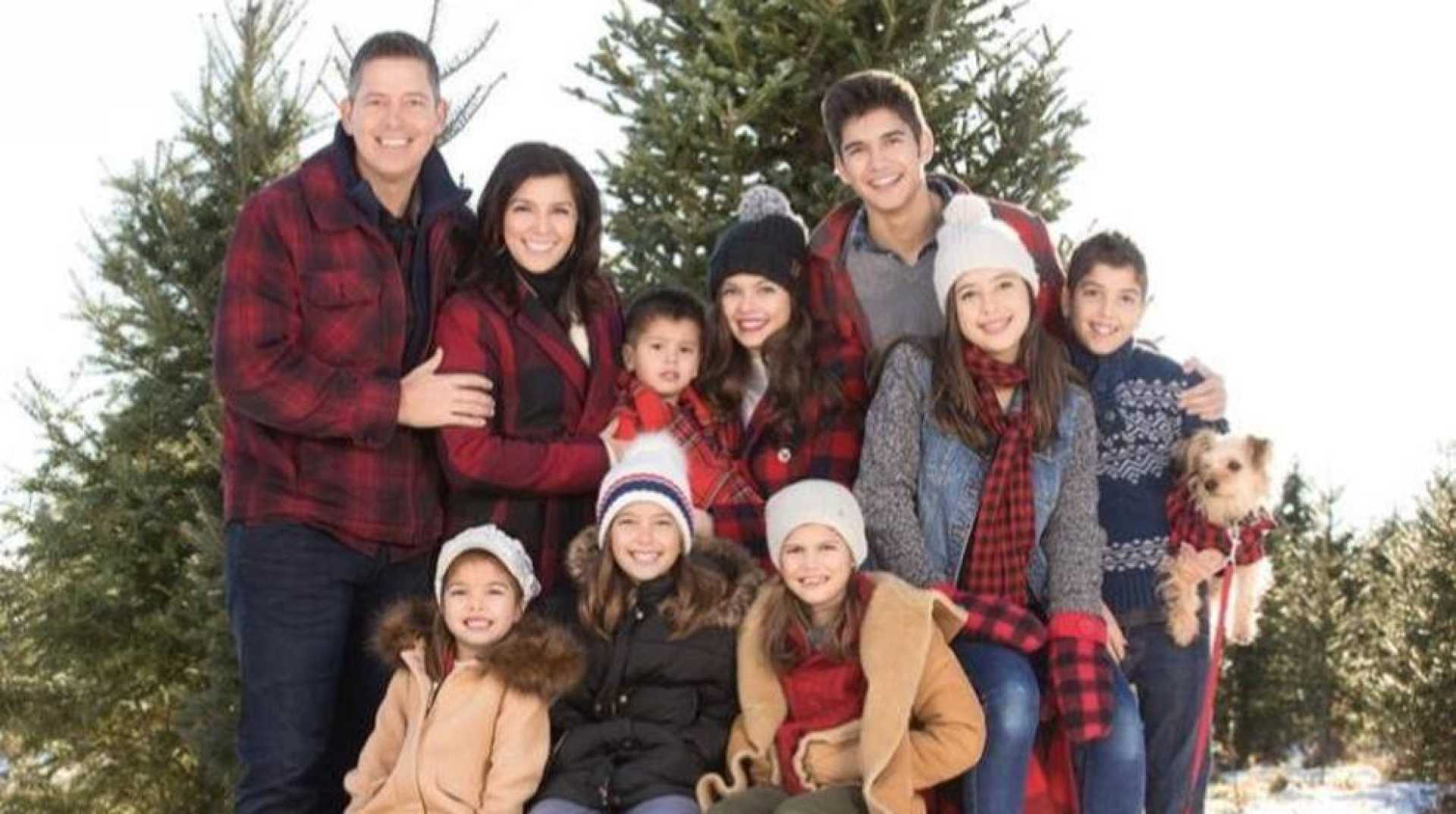Politics
Duffy Defends Large Family Amid NY Times Criticism

WASHINGTON, D.C. — Secretary of Transportation Sean Duffy defended his large family on Monday following a critical New York Times article portraying him and his wife, Rachel Campos-Duffy, as hypocritical for promoting the idea of big families.
The piece, titled “The MTV Reality Star in Trump’s Cabinet Who Wants You to Have More Kids,” critiques Duffy’s advocacy for larger families. The article traces his journey from reality TV star to a family-oriented political figure, noting his happiness as a father of nine.
Duffy fired back on social media, criticizing reporter Caroline Kitchener for what he described as a clear bias, emphasizing that he takes pride in his family and their traditional values. “She harassed my team with questions about whether I considered aborting any of my children,” he tweeted.
Evita Duffy-Alfonso, Duffy’s daughter, also responded to the article, stating that their family is not a political prop but a loving unit. She expressed her disappointment over the portrayal of her family’s values in what she termed a “hit piece.”
The article highlights Duffy’s past as a 25-year-old star on MTV’s “The Real World,” where he was known for a lifestyle far removed from his current image. It suggests that his transformation from a young man known for his playboy behavior to a staunch advocate for large families raises questions about authenticity.
In defense of family life, Duffy pointed to a memo he wrote shortly after taking office, advocating more federal funding for regions with higher birth rates and marriage rates. This policy approach aimed to address declining fertility trends in the United States.
Recent research from the Pew Research Center shows a significant drop in the number of children people in their 20s and 30s plan to have, from an average of 2.3 in 2012 to just 1.8 in 2023, well below the replacement rate.
During a podcast episode, Duffy reiterated his belief that large families benefit society and that raising children within the traditional family structure is essential. His comments are part of a broader cultural discussion on family values and birth rates, which he sees as vital for the future.
“I think families like mine foster love and strength. We want to encourage others to see the joy in larger families,” he said.












